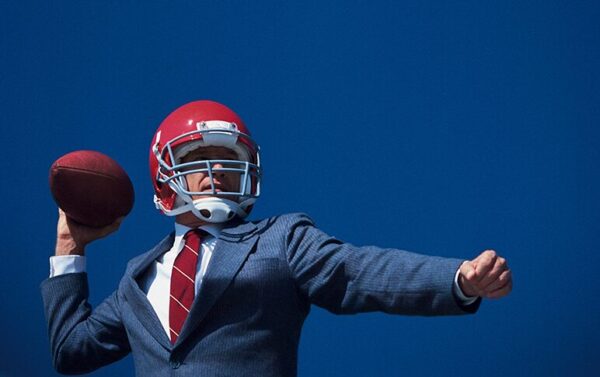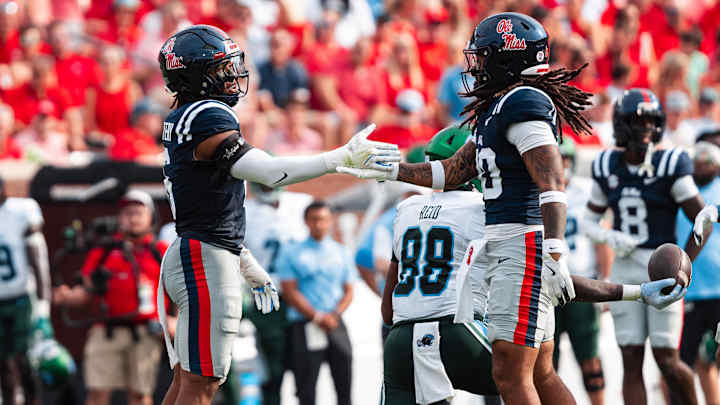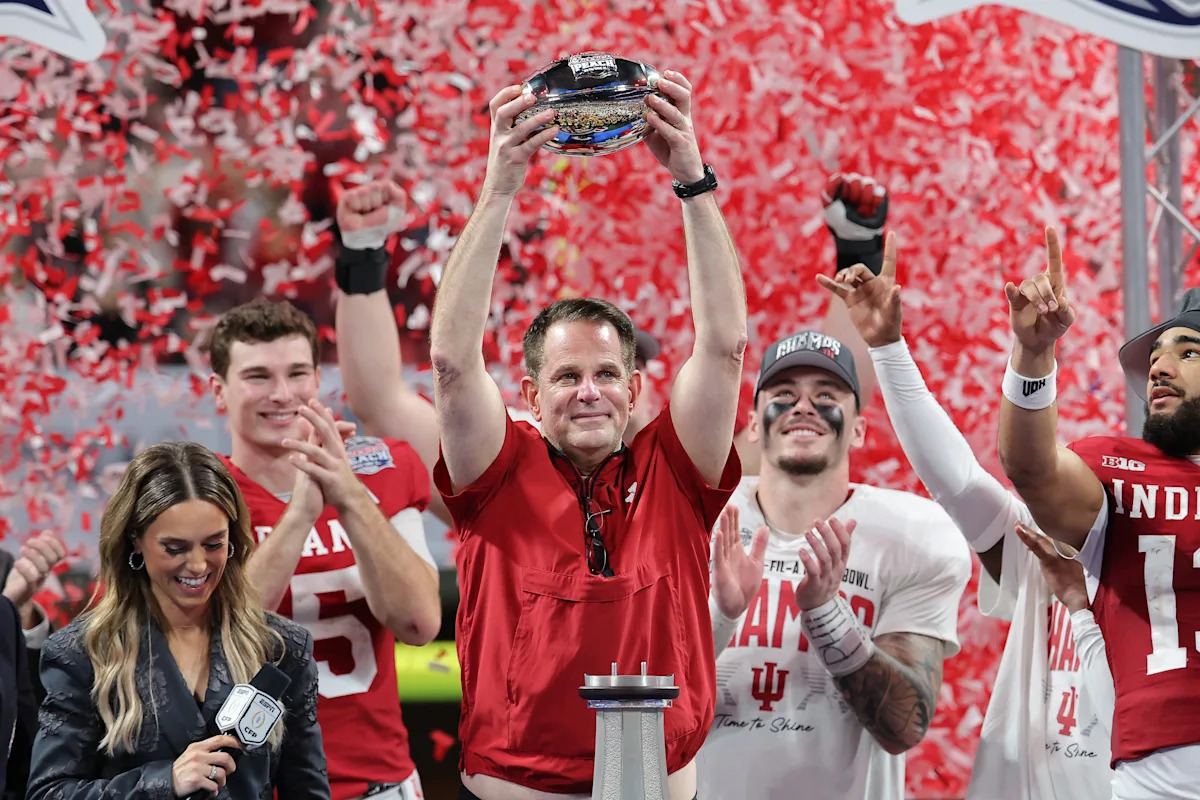Quarterbacks stand out in American football not just for their physical skills, but for their mental resilience. As the pressure mounts during games, it is the ability to remain calm and make rapid decisions that often separates the great players from the rest. The best quarterbacks excel in high-stakes situations, making split-second choices that can change the outcome of a game.
Understanding the Mental Game
In the fast-paced world of the NFL, mental strength serves as the foundation for success. When the pocket collapses or a play doesn’t unfold as planned, the top quarterbacks maintain their composure. They can analyze the defense and make decisive throws in under two seconds, turning their talent into victories. According to various analyses of quarterback performance, those who can manage their emotions and focus under pressure are the ones who endure in this demanding sport.
Every play is a gamble, requiring quarterbacks to quickly assess the defense, scan the field, and choose a target—all in the blink of an eye. This rapid decision-making process mirrors situations in interactive systems that test decision-making skills under pressure, such as modern online gaming platforms. Players must control their impulses while spotting patterns, much like quarterbacks who rely on instinct, preparation, and belief in their abilities.
The Importance of Recovery
Mistakes are an inevitable part of the game. Interceptions, fumbles, and missed opportunities can haunt any quarterback. What distinguishes the elite players is their capacity to recover swiftly from setbacks. A single mistake can spiral into a series of poor plays if a quarterback allows their mind to dwell on the error.
The best quarterbacks have their own methods for bouncing back. They take a moment to breathe, acknowledge what went wrong, learn from the experience, and move forward. As NFL legend Tom Brady famously stated, it is crucial not to let one mistake lead to another. This resilience not only enhances individual performance but also fosters trust among teammates. When a quarterback maintains composure after a setback, the entire team is uplifted.
Quarterbacks are not merely decision-makers; they are leaders on the field. When the game is on the line and pressure escalates, teammates look to them for guidance and reassurance. A quarterback’s mental strength manifests as calmness and clarity in communication. In those critical moments, a simple reminder of the situation and the team’s strategy can reinvigorate confidence among the players.
Pattern Recognition and Adaptability
The ability to read the field and adapt to changing situations is vital for any successful quarterback. Each defense presents unique challenges, with specific weaknesses and tells. Quarterbacks must develop their skills in pattern recognition—identifying clues from defensive formations and adjusting their approach accordingly.
This involves extensive film study and memorization of playbooks, which helps quarterbacks predict how defenses will react. When the unexpected occurs, such as a defensive blitz or a receiver falling, the quarterback must remain agile in their thinking. They may need to adjust plays or alter protections, showcasing their mental flexibility.
In essence, playing quarterback is akin to a high-speed game of chess. The stakes are immense, and the players are formidable athletes weighing in at around 250 pounds. The pressure to think swiftly and accurately is relentless.
Building Mental Toughness Off the Field
Mental toughness is not solely developed during games; it is cultivated through daily routines and habits. Leading quarterbacks often prioritize their physical health through proper nutrition and sleep. Additionally, many athletes work closely with sports psychologists or mental performance coaches. These professionals teach techniques to calm nerves, visualize successful plays, and maintain focus before critical drives.
The journey to mental resilience involves consistent practice and preparation. By integrating mental exercises into their training regimen, quarterbacks can enhance their performance on the field.
As the NFL continues to evolve, the role of mental strength in quarterback performance remains a topic of great interest. Understanding the psychological aspects of the game can provide insights into what truly makes a quarterback great. Ultimately, it is the combination of physical prowess and mental fortitude that determines success in high-pressure situations, defining the legacy of a quarterback in the annals of football history.







